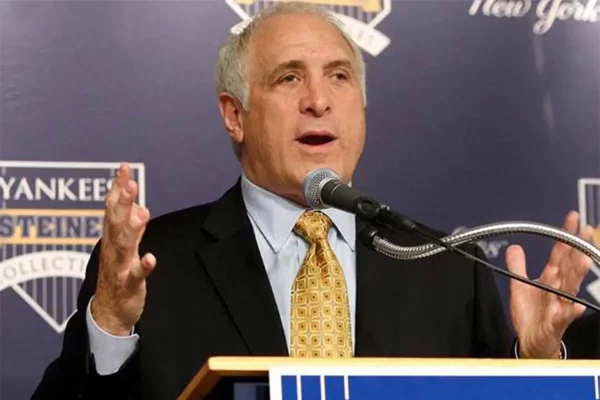From March 26 – 28, 2012, the U.S. Supreme Court devoted nearly six hours to hearing arguments related to Department of Health and Human Services v. Florida, the case that attempts to repeal the 2010 federal Patient Protection and Affordable Care Act (PPACA).
For the healthcare convention marketing industry, the big question is: What could this all mean for the law’s Sunshine provisions? These provisions require that healthcare companies disclose gifts and other items they give to physicians to the Department of Health & Human Services (HHS).
provisions require that healthcare companies disclose gifts and other items they give to physicians to the Department of Health & Human Services (HHS).
In March, the Supreme Court considered these four key areas of the law:
- Whether the court can even legally consider the law’s constitutionality until taxes are paid under the law;
- Whether the law’s mandate that all individuals purchase health insurance is constitutional;
- Whether, if the individual mandate is found to be unconstitutional, then it can be repealed without repealing the rest of the law; and
- Whether the law’s expansion of the Medicaid program creates an unconstitutional burden on the states.
There have been media reports alleging that some of the justices’ questioning seemed skeptical during the portion of the case that explored the individual mandate, but it remains to be seen if the skeptical questioning is an indication of how the justices will vote. The court’s final decision is expected in June, and the potential implications for the Sunshine rules are unclear. A few points to consider:
- If the full law is repealed, then what will happen to the existing state laws that address healthcare marketing disclosure? The federal law includes a clause that would preempt certain state laws.
- There’s been speculation that if the entire law is repealed, then Congress might start all over again with a new healthcare reform bill. If that happens, will the Sunshine rules make it into that version? Or will it be re-introduced as a stand-alone law?
- Many healthcare companies, and even some medical associations, have already implemented programs to aid with compliance with the law as well as corporate integrity agreements that include disclosure programs.
- The final draft of the implementation rules for the Sunshine provisions is expected to be released later this year by the Centers for Medicare & Medicaid Services (CMS). Will the pending the final decision of the court affect the release of those rules?
In the meantime, U.S. Senators Charles Grassley, R-Iowa, and Herb Kohl, D-Wis., the original architects of the Physician Payments Sunshine Act that was eventually wrapped into the overall healthcare reform law, are still pushing for the timely release of the implementation rules. On April 4, 2012, Grassley and Kohl issued a letter to CMS pushing for the release of the rules by June 2012. The letter pushes for clarity and precise definitions of reportable payment categories in the CMS guidelines for compliance with the law; provisions to maintain accuracy in transaction data that will eventually be made public; and creation of an easy-to-use website for the publication of the data. The letter also encourages CMS to conduct outreach to the physician community to educate them about the Sunshine rules and what they mean.
The original deadline for release of the rules was October 1, 2011, but CMS didn’t release the first draft of the rules until December 14, 2011.
“It’s disappointing that CMS missed the statutory deadline for the sunshine regulations, but at least the agency is on the right track,” Grassley said in a press release. “Now, it’s important for the guidance to dot every ‘i’ and cross every ‘t.’ The more thorough the guidance, the more drug makers and medical device makers will know their exact obligations, and the more helpful the transparency will be for building confidence in this part of medicine.”





























